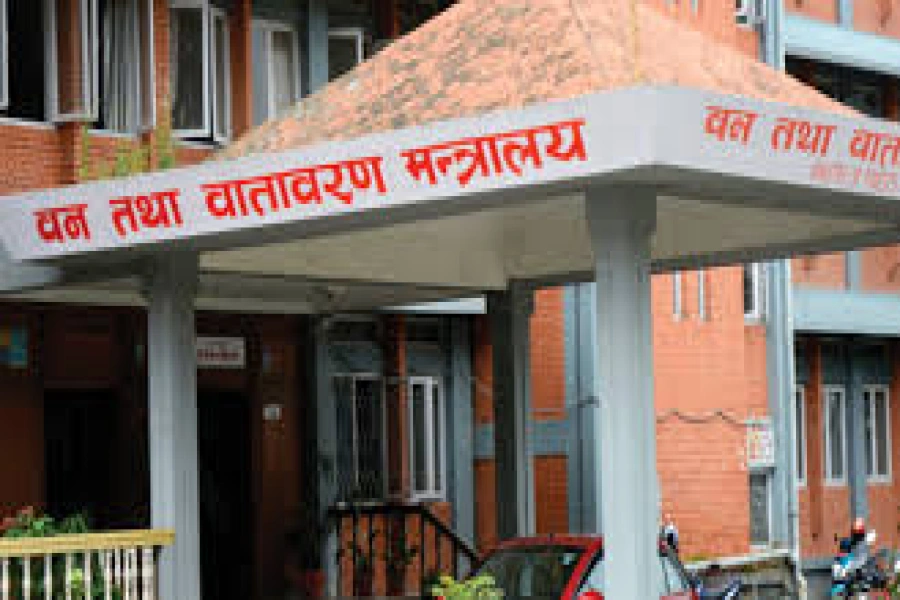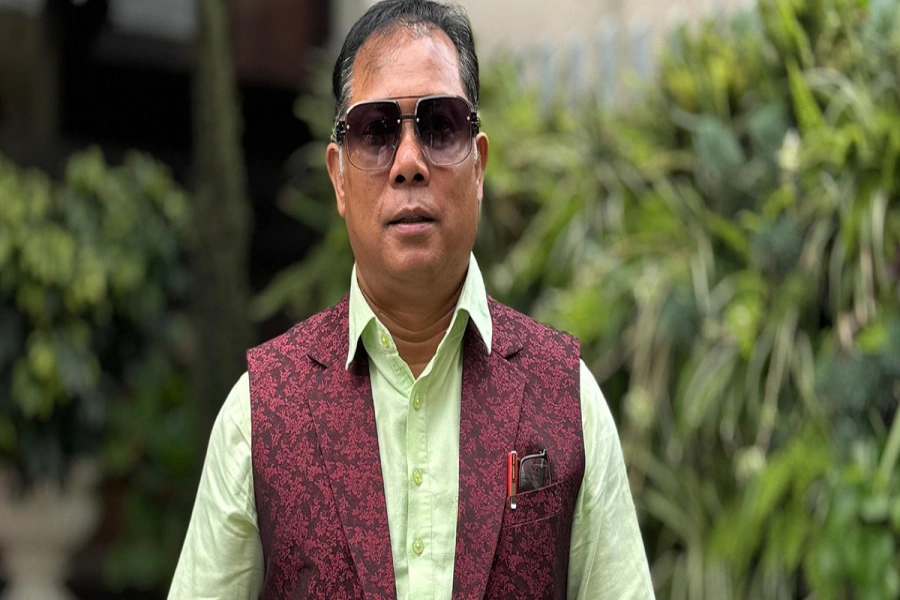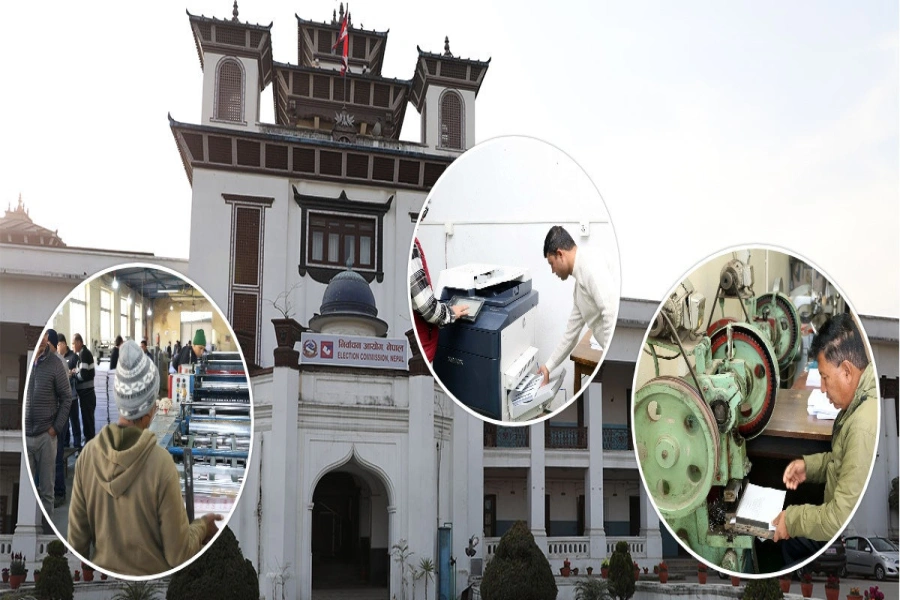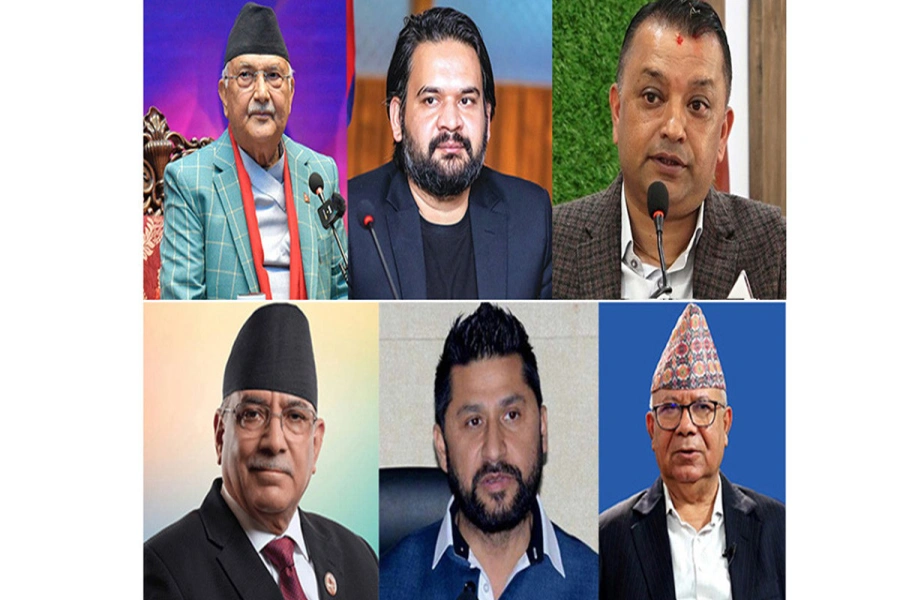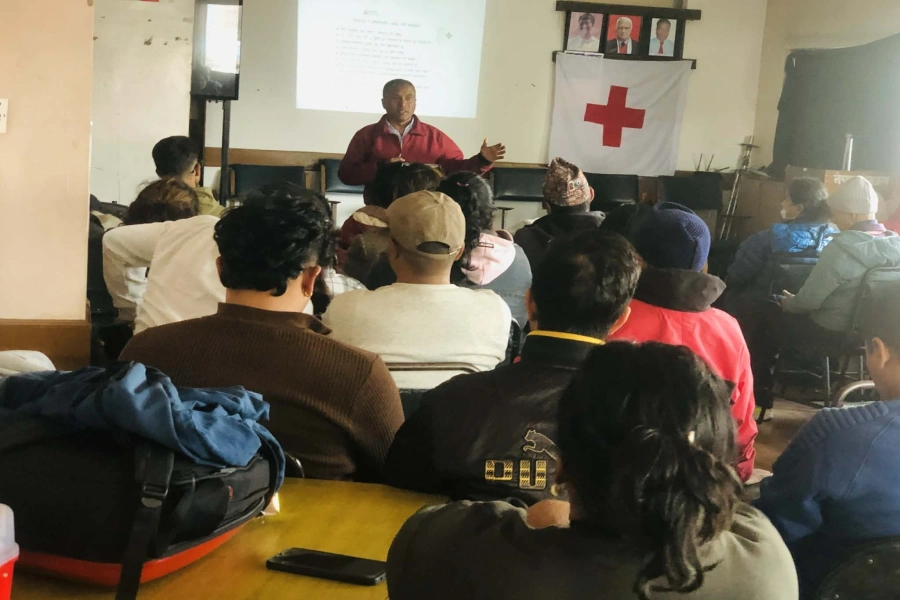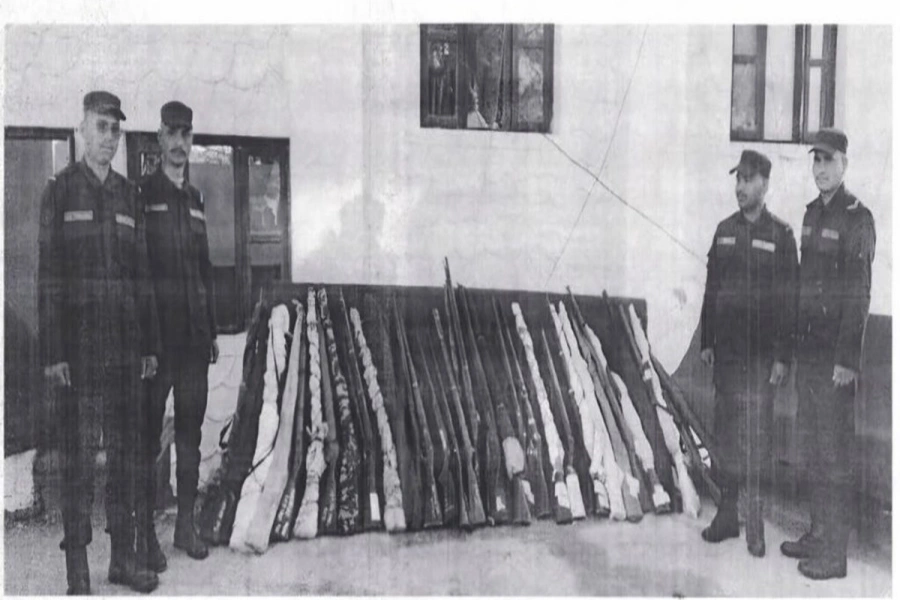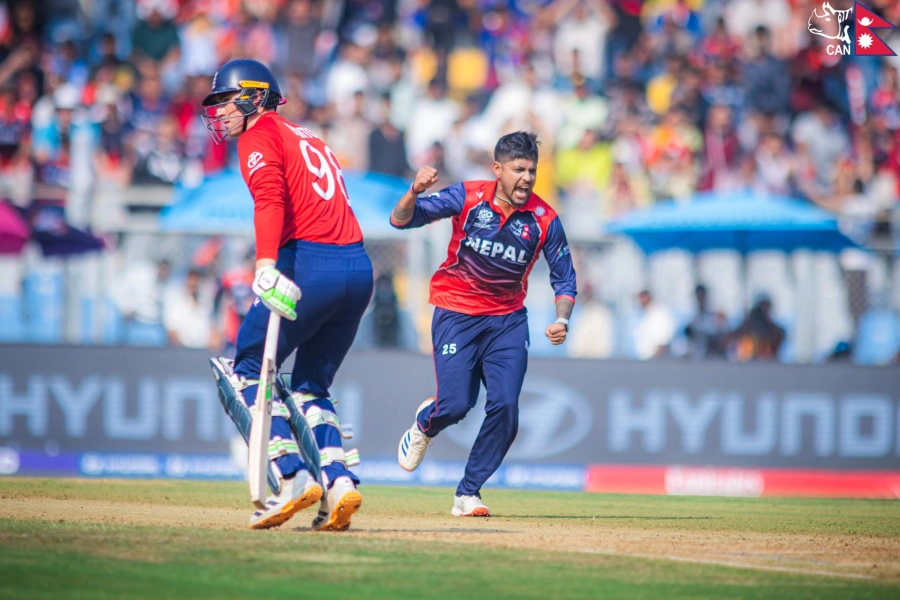Book editors are, of course, entrusted with the renovation of the unrefined copy of text into a refined one, and so, editors must have outstanding language and writing skills as well as good knowledge of grammar. Into the bargain, they are required to refine the manuscript by making the manuscript free from grammatical errors through their copy editing skills because grammatical errors are not tolerated.
All manuscripts may have spelling slip-ups, roundabout and incomplete sentences, abstract and more elliptical as well as superfluously complex sentences. Also, language is one of the significant parts of manuscript editing. Some authors’ language may have preconceived notion with unbalanced and one sided information; as well as some dry and heavy details. That is why editor’s role becomes vital; however, the editors also must be able to decide whether the different subdivisions of the book are in proper order. And, the editor should pay great attention to details to avoid verbiage that helps to cross check facts incorporated in books. Also, they have to employ their editing skills to block up all the linguistic fissures.
The proprietor of the Pairavi Book House, Khagendra Bhattarai, laments for having very few connoisseur Nepali book editors to purify manuscripts and make books readable. He says, ‘we have no reliable book editors who can take the responsibilities of copy editing our manuscripts.’ He suggests all Nepali writers to grasp the spirit of readers in this globalized and modern context.
He further adds, ‘Nepali authors should write what the young mass really want to read, Nepali authors have overlooked the young readers.’ Also, most of the Nepali authors are even not aware enough of plagiarism or intellectual theft. According to the proprietor of Ratna Pustak Bhandar, Govinda Shrestha, “Nepali writers are not attentive toward plagiarism.” Madhav Lal Maharjan, executive director for Mandala Book Point, also agrees with Govinda Shrestha. In such condition, the role of conscious book editors becomes crucial to make the authors conscious about intellectual theft.
Many publishers, critics, readers and writers, undoubtedly, would have the same opinion that in Nepal we hardly have a handful of proficient book editors, as well as professional book editing culture. It may sound quite astringent, however, the ground reality is that most of the Nepali authors do not want their manuscripts edited and developed by “others” (editors). We can see that there is a sound cooperation among publishers; however, quite contrarily there is no symbiotic relationship between authors and book editors.
Book editors are expected to work closely with the author, to make sure that the work being produced has a high worth and is free from contradictions. Unfortunately, we do not have such a culture. Most of the Nepali authors do not seem to be careful enough about grammatical and spelling errors. What´s more, sometimes editors need to do research, and have to crosscheck facts and statistics for precision. Similarly, they also have to lend a hand in shaping the layouts as well as in scrupulous reviewing the manuscripts and proofreading. It is the editor who determines whether manuscript requires considerable rewriting. In addition, the editors must have knowledge about plagiarism.
According to Joan Dunayer, a professional editor for more than two decades, “A good book editor may also be required to write captions and confirm credits and permissions to use other people´s work. They also must maintain a good relationship with writers because together they determine what will best appeal to readers.” In Nepal, though, there are a few ‘professional’ book editors, who can be counted in one hand; they do not seem to be serious to their line of work, no collaboration with authors and no hard work on manuscripts.
Professional book editors are expected to handle a variety of book categories, ranging from fiction, nonfiction, textbooks and they have to spend most of their time reading, reviewing, and rewriting manuscripts to give them a readable tincture. They have to be engaged with manuscripts. But, Nepali “editors” seem quite indolent toward this culture. To put it brusquely, they do not seem to work together with authors.
Indeed, in Nepal, we have a very limited number of professional copyeditors, proofreaders as well as stylistic editing culture before publishing books. Where can one go to search such a skilled book editor? Can we imagine that one day Nepali readers will get books refined by some professional book editors? Many manuscripts, even the manuscripts of some established writers, require more than a slip-up amendment, a substantive editing.
The substantive editing of a manuscript incorporates structural and organizational editing pertaining to character development, plot, exposition, dialogue, and other critical literary elements. Moreover, both fiction and nonfiction may need supplementary reorganization or rewriting for coherent flow and precision along with other significant aspects ahead of trouble-free copyediting.
It is perhaps because of misconception. Some Nepali authors even misinterpret copyediting as a proofreading. Even we haven’t practiced peer editing, yet some glimmers of hope can be seen in some author from younger generation. To date, we do not have any ‘Book Editing Association’ at all, and thus in such condition, some online book editing services could possibly fill the gap prevalent between the editors and Nepali writing authors. Correspondingly, some unpublished writer’s manuscript may have wrong word choices, blurry thinking, long-winded sentence structure, inflexible and unrealistic dialogue, and point of view thongs. All these sorts of stuffs must be omitted to influence readers. In doing so, book editors’ role would be very much decisive.
Writers from all over the world can get benefits from the global book editing. Nepali authors (mainly who write in Nepali), however, would not have access to global book editing services. In the US and Europe, there is a ‘Global Book Editing Company’, a professional online book editing corporation, which provides book editing services all over the world. Its head offices are in the United States and Sweden. They have been serving thousands of authors, in manuscripts rewriting, developing and editing since 1998. Nepal’s concerned sectors can learn from this and think of such type of book editing organization so that Nepali reading and writing could flourish. The chance of publishing quality books would also increase.
In the past five years, if we see the book market and the number of publications, in Nepal, it can be deduced that the reading culture/habit has flourished, drastically. Nowadays, we can see people reading while traveling, at coffee shops, at parks, at restaurants, everywhere! On the other hand, some departmental stores also have book stalls along with other goods. Moreover, the “Literary Festival” and “Literary Jatra”, organized some months ago, also provide evidence in claiming the readers have increased unquestionably. This is also a measuring rod of thriving reading habit within Nepali people, and based on this, we can argue that the numbers of readers have amplified, remarkably.
Even at the time of book exhibition, we can see readers from various age groups—school children to elderly people, purchasing books, enthusiastically. People have started choosing books rather than watching movies or something like that. Books have replaced other means of entertainment like movie, drama, music, sports, etc. Not only this, these days, people prefer gifting books as a wedding or a birthday gift instead of cards and flowers. In such a context, book editing culture should also flourish to grip the escalating reading spirit of the Nepali readers. Moreover, some effective attempts, as soon as possible, should be made from all spheres—authors, publishers, dealer, and so on — related to this sector.
The writer is a student at Nepaā School of Social Sciences
Trump sues BBC for defamation over Panorama speech edit








